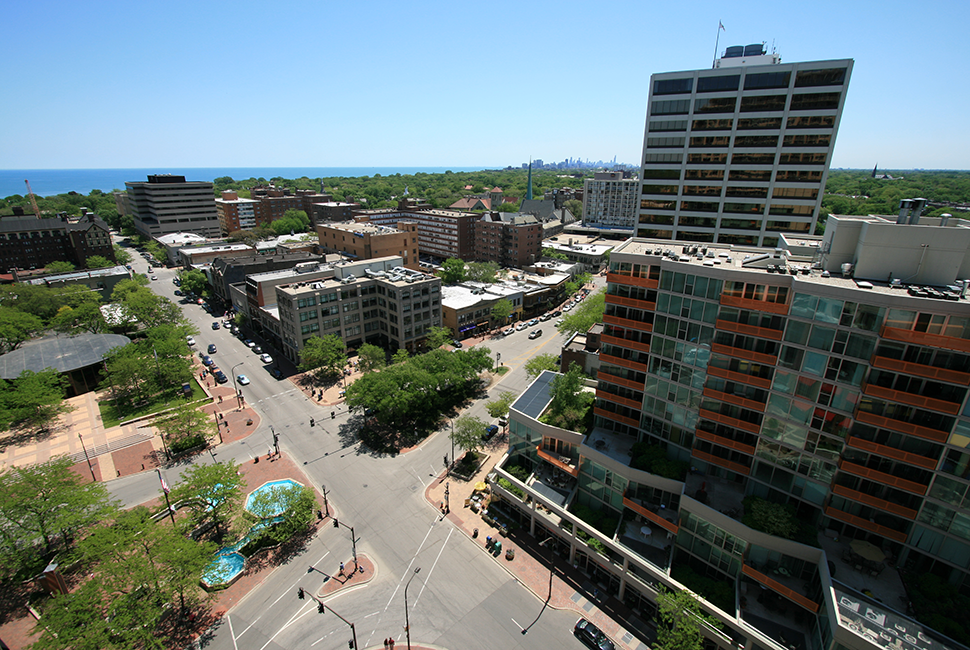The Center for the Study of Diversity and Democracy (CSDD) at Northwestern University has launched a research collaborative to conduct a yearlong study on the City of Evanston’s reparations ordinance.
The CSDD’s Evanston Reparations Research Collaborative will examine the ordinance’s impact on public sentiments about race relations within the Evanston community and the functioning of municipal government. The collaborative’s advisory board will bring together city officials, social science researchers and civic leaders to help oversee the project.
The research will be conducted by a team of undergraduate students who will work in the field. A graduate student will design and implement the studies, as well as train the field researchers.
The collaborative is led by CSDD director Alvin B. Tillery, professor of political science in the Weinberg College of Arts and Sciences, and a resident of Evanston.
“I think that we are at a moment where a large cross-section of the American public is now aware of how government-sponsored efforts to harm African Americans in the past translate into the racial gaps that we see in our daily lives today,” Tillery said.
Locally, the findings will be used to inform policymaking in the city and establish a baseline for monitoring community attitudes and engagement over time, as well as provide historical documentation of the process that made Evanston the first city in the nation to establish a reparations program.
Importantly, the study also has the potential to shape the national debate about the impact of the reparation’s movement on race relations.
“My hope is that cities thinking of following Evanston’s lead will take a similarly introspective approach — looking at where the government caused or facilitated harms and making a direct effort to repair them,” Tillery said.
Project funding is provided by the Lewis-Sebring Foundation, and results of the study will be reported to the City and posted to the CSDD website at the end of Northwestern’s 2022-2023 academic year.
On March 22, 2021, the Evanston City Council passed an ordinance, introduced by Alderman Robin Rue Simmons, to earmark the first $10 million from a 3% tax on legalized cannabis sales to fund a reparations program for Black residents. The program addresses harms caused by a pattern of housing discrimination and segregation between 1919 and 1969 that was sanctioned by the City of Evanston.


